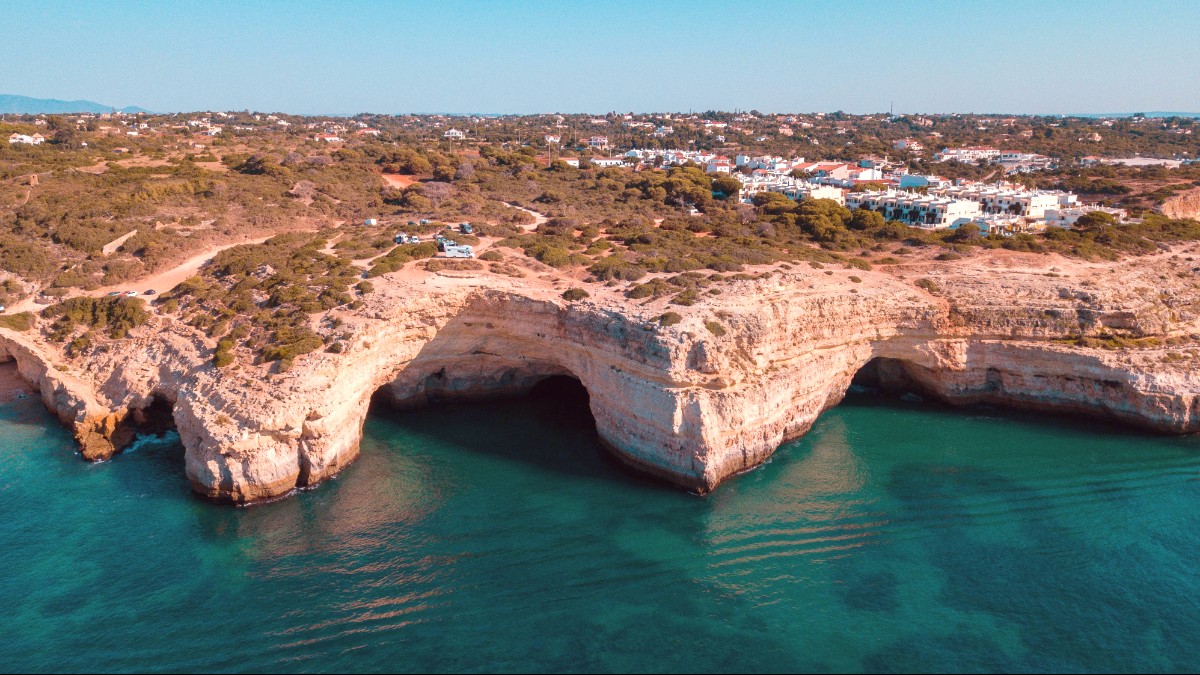
Portugal
Support eco-certified tours in the Ria Formosa Natural Park to protect its unique lagoon system and birdlife.
Utilize "ecopontos" (color-coded recycling bins) widely available in public areas. Minimize single-use plastics.
Be mindful of water usage, especially during dry summers. Take shorter showers and reuse towels.
Conscious choices help protect the Algarve's delicate ecosystems and resource availability.
The Algarve region features important protected areas. Support initiatives that preserve these unique environments.
Conscious consumption and proper disposal are for the local environment.
Mitigate the environmental impact of your travel by considering carbon offset options.
Support businesses dedicated to sustainability during your stay in the Algarve.
Organizations like The Rainforest Site (GreaterGood) contribute to conservation efforts globally, including protecting critical habitats that link to broader environmental health.
Visit The Rainforest SiteOrder only what you can eat at restaurants. Many establishments appreciate visitors who are mindful of portion sizes and avoid unnecessary food waste.
Every small effort toward sustainable and responsible travel helps preserve Albufeira's charm for future visitors and supports its local environment.
Support local artisans and traditional businesses that work to preserve Portuguese culture and craftsmanship.
A little effort in communication goes a long way in showing respect for locals and their culture.
Mindfulness when taking photos preserves privacy and cultural boundaries.
Show reverence and follow established norms when visiting churches or other sacred places.
Your travel choices directly support the local economy and foster community development.
Choose local restaurants (tascas), small guesthouses, and independent tour operators over large international chains.
Purchase locally made crafts directly from artisans to support fair wages and authentic products.
Seek opportunities to support rural communities in the Algarve hinterland, providing authentic experiences.
Direct your spending towards local businesses and initiatives that directly benefit the community, contributing to its sustainable growth.
Ethical travel involves being aware of potential exploitation and choosing practices that promote well-being.
Ensure your activities align with ethical principles, safeguarding animals and local workers.
Direct your donations to established organizations for genuine community impact.
Minimize your environmental impact through mindful eating habits and supporting local food systems.
Foster positive relationships with local residents through respectful and appreciative interactions.
Embracing responsible tourism means making choices that positively contribute to the destination, its people, and its environment.
Help preserve natural resources and minimize pollution.
Honor local traditions, customs, and heritage.
Support local businesses and promote equitable income distribution.
Refrain from any activities that contribute to animal cruelty or unfair labor practices. Your ethical choices matter for the well-being of the local community.